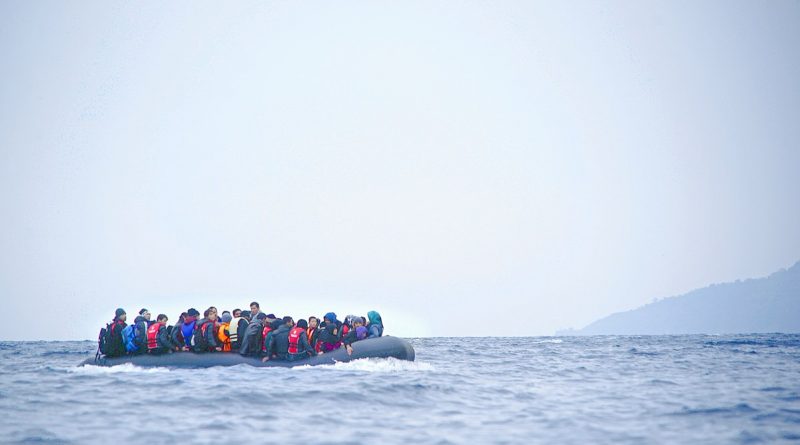Boat Crash in Italy Leaves at Least 65 Migrants Dead
Catherine Anderson
Staff Writer
A boat thought to have been carrying approximately 200 people crashed off the coast of Italy on February 26, leaving approximately 65 people confirmed dead, reports BBC News. It had sailed from Turkey several days prior and likely carried migrants from Afghanistan, Pakistan, Somalia, Syria, Iraq, and Iran. Reuters writes that 14 minors were included among the casualties, according to a local Italian government office. It also reported that 25 Afghan victims had been identified, as well as one Palestinian, one Syrian, and one Pakistani. ABC News writes that at least 81 survivors have been rescued and at least 20 migrants have been hospitalized. It also reports that one survivor was taken in for questioning and two others were arrested for allegedly smuggling the migrants.
This tragedy is indicative of a larger migration crisis that has heavily impacted not only Italy, but most of Western Europe in recent years. ABC News writes that Italy is one of the primary landing points for migrants being smuggled across the central Mediterranean and that since 2014, at least 20,333 have died or gone missing while attempting to migrate. At the UN Human Rights Council, Secretary-General Antonio Guterres called for European countries to do more to help migrants, but Italian Prime Minister Giorgia Meloni stated the only way to mitigate such tragedies is to stop migrant boat journeys altogether, reports BBC.
The New York Times points out, however, that measures other countries have taken to prevent such journeys have actually led to more dangerous migration habits and more casualties. Greece, for example, has built a fence on its border with Turkey to prevent migrants from crossing the border. Additionally, Hungary has built a wall along its borders, the New York Times continues. Even though the route from Turkey to Italy is longer and more dangerous, these measures have made it the most viable option for migrants. While advocates from Doctors without Borders attribute the recent tragedy and other fatalities to such measures, Prime Minister Meloni and other politicians continue to encourage anti-immigrant sentiments rather than taking on a humanitarian approach, reports the New York Times.
Many European countries, including Italy, are further overwhelmed by legal forms of migration as well. According to Politico, last year the European Union, Switzerland, and Norway received approximately 966,000 applications for asylum in 2022. This was a 50 percent increase from 2021 and the highest number since 2016. This is also in addition to the nearly 4 million refugees from Ukraine. Politico continues that this volume of asylum seekers has placed Europe’s national reception systems under immense pressure.
The strain of migration is felt, of course, not just by these countries, but also by those seeking legal forms of migration. Mamadou Niang, a Senegalese man, has attempted to migrate to Europe three times, writes NPR. He has been deported from Spain twice, and recently was denied a visa by the German embassy. About 4-5 percent of Senegal’s citizenry lives abroad, according to NPR, and the nation accounts for a large portion of West African migrants to Europe. This is due, in part, to challenges caused by climate change. According to NPR, climate change has adversely affected coastal Senegal in cities like Saint-Louis where rising sea levels and overfishing have devastated the economy. Further, salinization, which can ruin the ability to grow crops and kill crops that were already growing, affects approximately 5-9 percent of Senegal’s land and the issue is only expected to grow as climate change worsens, writes NPR. This, then, makes it much more difficult to earn a living as a farmer, which drives people like Niang to pursue migration.
The tragedy in Italy serves only as a reminder of how important it is for Europe to find a more effective means of helping migrants. This means mitigating not only illegal migration but also making legal migration more efficient and attainable. The costs of climate change and war are not confined by borders, and the continent will need to adapt to these challenges to promote prosperity in a rapidly changing world.
Image courtesy of Mstylav Chermov, WikimediaCommons



